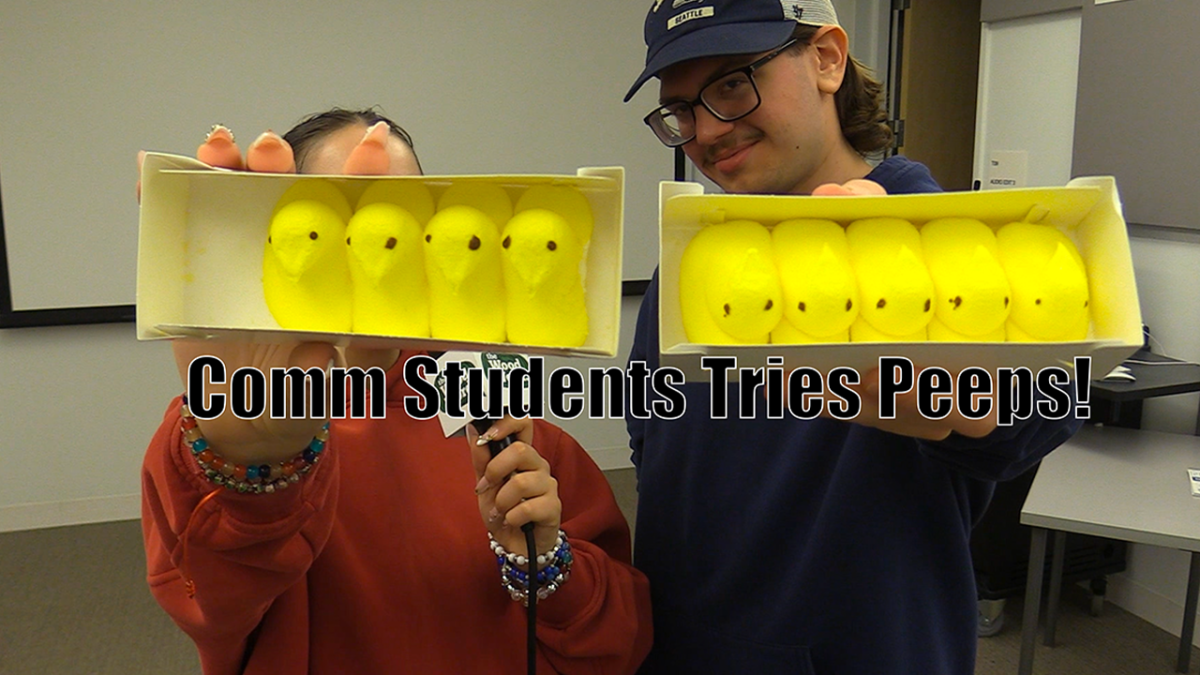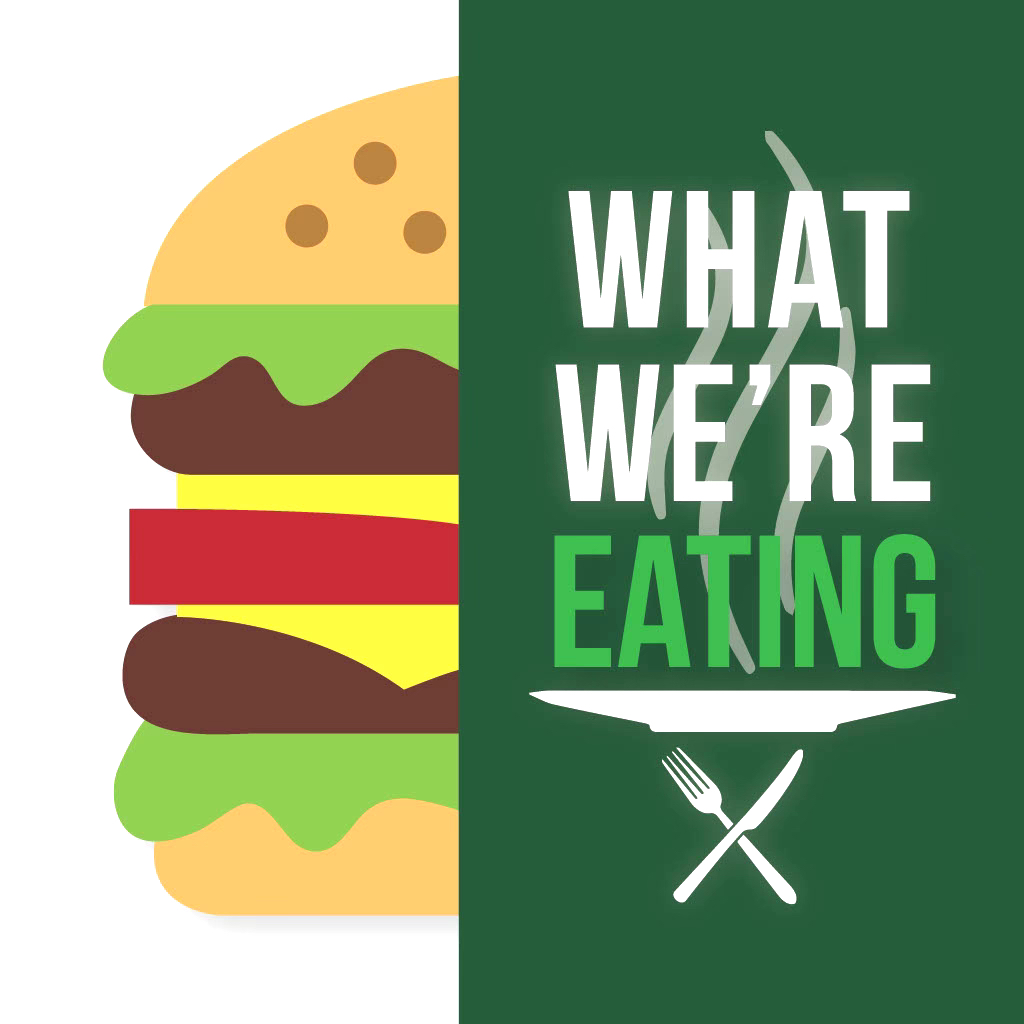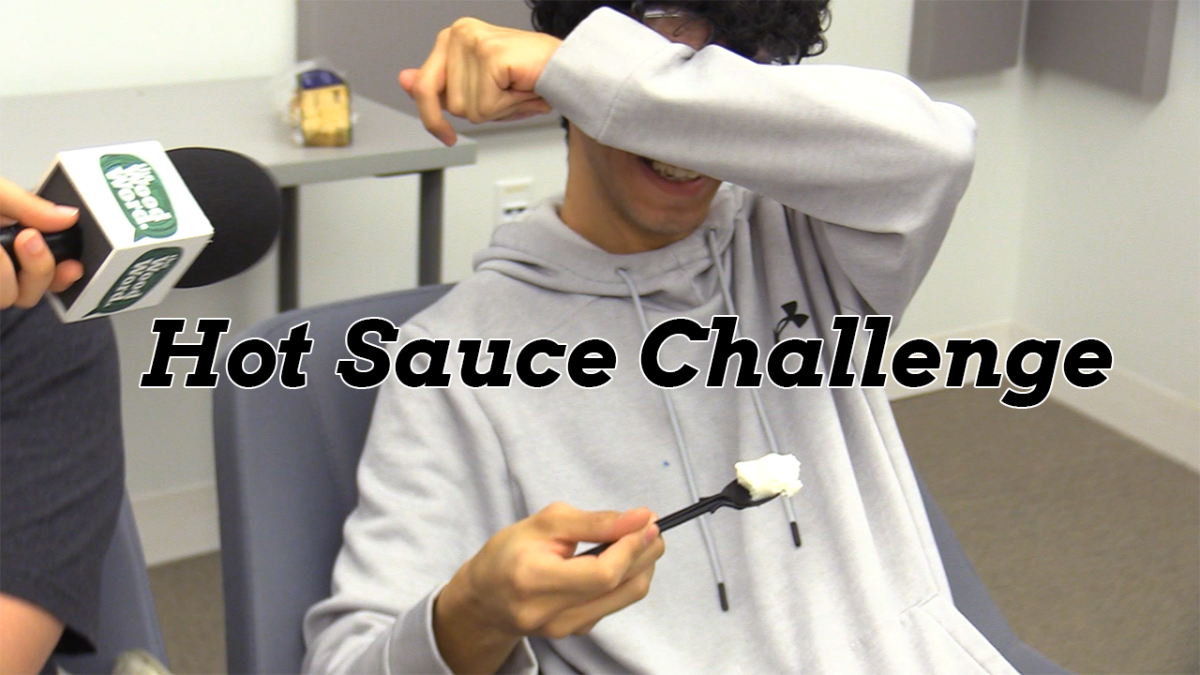 Dr. Laurie McMillan
Dr. Laurie McMillan
English Department
How often do you and I groan about the reading and writing we have to do? (Yes, professors groan just like students do, but don’t tell anyone, because it’s a secret.)
Meanwhile, in places such as Pakistan and Afghanistan, people go to extreme lengths to learn how to read and write. They are smart to do so because literacy is vital for better health, better economic conditions, and more access to political power. The people fighting for education are fighting to improve their lives, to improve the lives of their families, and to improve the lives of their community members.
Reading and writing can and do make a similar difference to people’s lives here in the U.S., though we often forget about the power we have as strong readers and writers. Yet our groans and resistance can change into adrenalized energy if we find ways to recognize and harness the power of literacy.
What exactly does it mean to read and write with power? Reading with power means reading to understand and also reading to challenge and question and wonder. Reading with power means reading not only textbooks and literature and newspapers with our brains turned on, but also reading blogs and YouTube videos and TV shows with our brains turned on. (Yes, I know you and I like to unwind sometimes, and that is just fine. A light buzz of thinking in the background is enough.)
Reading with power means noticing that a “tall” coffee is actually a “small” coffee. It means noticing that “collateral damage” is actually innocent people being killed in the course of a military action (or should I say “murdered”? Notice not only the effect of word choice, but also my use of passive voice—as if no one is actually doing the killing). It means noticing that Sports Illustrated uses images of men and images of women in extremely different ways. It means recognizing that words and images shape our thinking and beliefs and behaviors. Reading with power means working to resist messages that are harmful to ourselves or to others.
Writing with power works similarly. Writing well gives us the power to shape others’ thinking and beliefs and behaviors. Writing with power thus means writing with thoughtfulness and engagement, attempting to help rather than harm. Writing with power means not only writing research papers, but also writing Facebook statuses and posting links to youtube videos, arranging and decorating a room, choosing clothing and hairstyle.
Constantly, we send messages about who we are and what matters to us, and others read us—in words and in images—in order to respond. We read and write our worlds constantly regardless of schooling; education, however, presses us to read and write responsibly (in a diverse and interdependent world!). I cannot promise not to groan on occasion because it is not easy to read and write well. But I can promise to go beyond groaning—to treat reading and writing like the gifts they are—gifts to be unwrapped and used and enjoyed. Gifts that can make a difference, in our lives and in the lives of others.










